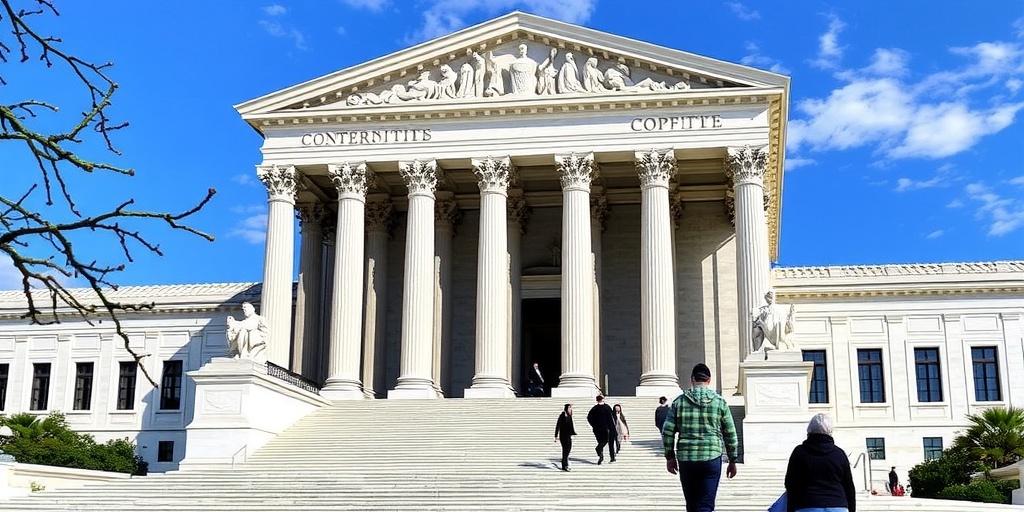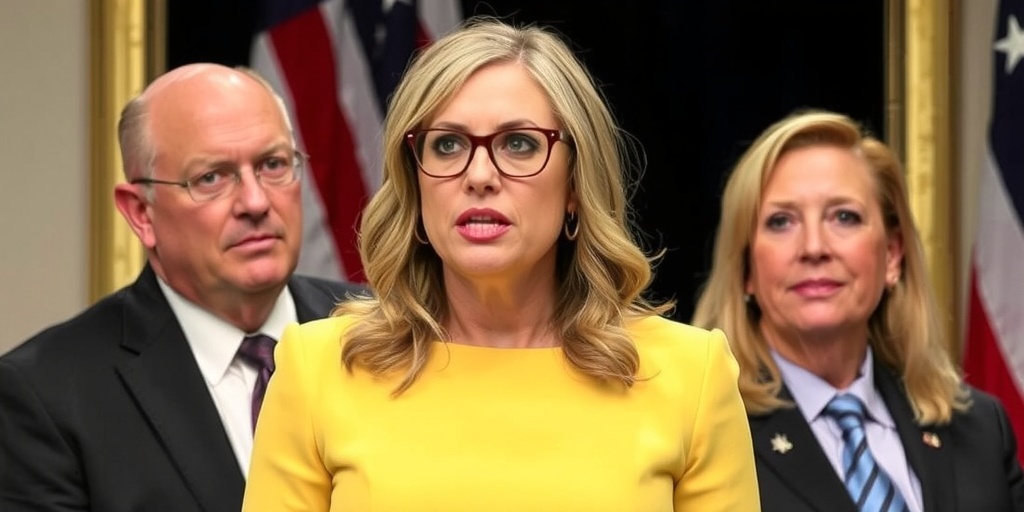Now Reading: Trump Nominates Airlines Executive as F.A.A. Chief
-
01
Trump Nominates Airlines Executive as F.A.A. Chief
Trump Nominates Airlines Executive as F.A.A. Chief

Bryan Bedford Nominated as FAA Administrator Amid Industry Challenges
President Trump announced on Monday the nomination of Bryan Bedford, a seasoned executive in the airline industry, for the position of administrator of the Federal Aviation Administration (FAA). This appointment comes as the FAA continues to grapple with various operational challenges and a leadership void since Trump took office.
Bryan Bedford has made a name for himself over the years, serving as president and chief executive officer of Republic Airways since 1999. The airline operates flights for several major U.S. carriers, including American Airlines, Delta Air Lines, and United Airlines. Trump’s endorsement of Bedford highlighted his extensive experience in aviation and his proven leadership abilities.
In a statement on Truth Social, Trump expressed confidence in Bedford’s skills, stating, “Bryan will work with our GREAT Secretary of Transportation, Sean Duffy, to strongly reform the Agency, safeguard our exports, and ensure the safety of nearly one billion annual passenger movements.” This proclamation underscores the importance placed on enhancing aviation safety and efficiency as the FAA navigates an evolving industry landscape.
Since Trump’s presidency began, the FAA has lacked a confirmed leader, which has raised concerns regarding the agency’s effectiveness in overseeing air travel operations. Mike Whitaker, the previous administrator, resigned shortly after Trump’s inauguration, leaving the agency’s leadership in a state of uncertainty. Currently, Chris Rocheleau serves as the acting administrator, but many in the industry believe that a solidified leadership is essential for the FAA to address its critical issues effectively.
Bedford’s nomination comes at a time when the FAA faces heightened pressure to improve air traffic management and address a significant shortage of air traffic controllers. With flights becoming increasingly crowded and complex, Clifton Foerster, an aviation analyst, noted that the modern air traffic control system requires urgent upgrades to cope with surging demand and to ensure safety. “We are at a pivotal moment in aviation, and having a committed leader can make all the difference,” he emphasized.
Furthermore, the aviation community is still reeling from one of the deadliest accidents in recent years, which occurred on January 29. In that catastrophic event, an American Airlines flight collided with an Army Black Hawk helicopter near Washington’s Ronald Reagan National Airport, resulting in the loss of 67 lives. The aftermath of this tragedy has intensified calls for comprehensive reviews of safety protocols and operational standards within the FAA.
Bedford’s extensive background in the airline sector has prompted enthusiasm among industry leaders over his potential to steer the FAA during these challenging times. Scott Kirby, the CEO of United Airlines, expressed strong support for Bedford’s appointment, stating, “Having worked with Bryan Bedford for two decades, I have total confidence in his ability to lead the FAA at this critical time.” This broad backing underscores the trust that industry stakeholders have in Bedford’s leadership capabilities.
Historically, Bedford has displayed remarkable resilience in steering Republic Airways through various trials. Under his leadership, the carrier transformed from a company generating less than $90 million in revenue in 1999 to one surpassing $1.2 billion in revenue by 2016. However, the company faced considerable challenges and filed for bankruptcy due to difficulties in recruiting pilots and adapting to rapid industry changes. Following its exit from bankruptcy in 2017, Republic has continued to show resilience and growth, carrying over 19 million passengers in 2020 alone.
Industry experts also highlight Bedford’s understanding of the intricate relationship between the FAA and airspace operators. Nick Calio, CEO of Airlines for America, remarked, “He intimately understands the importance of a strong working relationship between the FAA and airspace operators of all sizes.” This insight is expected to be crucial for fostering collaboration among diverse stakeholders in the aviation sector, including airlines and regulatory bodies.
In conclusion, President Trump’s nomination of Bryan Bedford as the FAA administrator marks a strategic move aimed at revitalizing the agency’s leadership amidst pressing challenges. His extensive experience in the airline industry and the backing from key industry players pose a significant opportunity for the FAA to prioritize safety, address personnel shortages, and implement necessary reforms. The aviation community will be looking closely at his confirmation process and the potential impact of his leadership on the future of air travel in the United States.
Stay Informed With the Latest & Most Important News
Previous Post
Next Post
-
 01New technology breakthrough has everyone talking right now
01New technology breakthrough has everyone talking right now -
 02Unbelievable life hack everyone needs to try today
02Unbelievable life hack everyone needs to try today -
 03Fascinating discovery found buried deep beneath the ocean
03Fascinating discovery found buried deep beneath the ocean -
 04Man invents genius device that solves everyday problems
04Man invents genius device that solves everyday problems -
 05Shocking discovery that changes what we know forever
05Shocking discovery that changes what we know forever -
 06Internet goes wild over celebrity’s unexpected fashion choice
06Internet goes wild over celebrity’s unexpected fashion choice -
 07Rare animal sighting stuns scientists and wildlife lovers
07Rare animal sighting stuns scientists and wildlife lovers





















